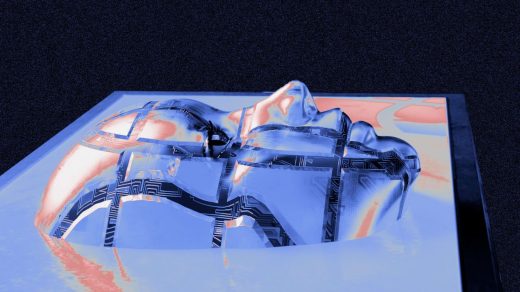Generative AI uncertainty remains for Hollywood actors, even after SAG-AFTRA ratifies new contract
(December 22, 2023), the Screen Actors Guild-American Federation of Television and Radio Artists (SAG-AFTRA) members voted to ratify the 2023 TV/Theatrical Agreement with the Alliance of Motion Picture and Television Producers (AMPTP), which now officially puts an end to the historic Hollywood strikes that shut down most of the industry for months this year. Turnout for the vote was over 38%, and 78% of those voting did so in favor of accepting the new deal.
SAG-AFTRA says the new deal includes more than $1 billion in new compensation and benefit plans funding as well as a new compensation model for those working in streaming television, and the deal also establishes “informed consent” requirements for the use of AI and “compensation guardrails.”
While the new agreement has many provisions that detail the use of artificial intelligence using digital replicas—deepfaking or digitally altering a star performer or background extras—the use of generative AI in films was left much more open, meaning actors still don’t have certainty about how generative AI use in Hollywood may affect their future livelihood.
What does the contract say?
Specifically, the contract establishes a definition for “Synthetic Performers” created through generative AI, which it defines as “a digitally-created asset that:
Yet the contract does not prevent studios from using generative AI performers in their works instead of real actors. Rather, the contract merely states that the “parties acknowledge the importance of human performance in motion pictures” and that the union will be notified and will have an opportunity to “bargain in good faith” if an AI-generated synthetic performer is being considered for use instead of a human actor.
While the use of generative AI will now allow the union to bargain over its inclusion in a work, there seems to be nothing to prevent the studios from using generative AI regardless of how any bargaining goes.
It’s hard to see, then, how the contract’s provisions on generative artificial intelligence are anything but a win for AI and the studios and a loss for human actors.
You can check out the full artificial intelligence provisions of the deal here.
(17)



